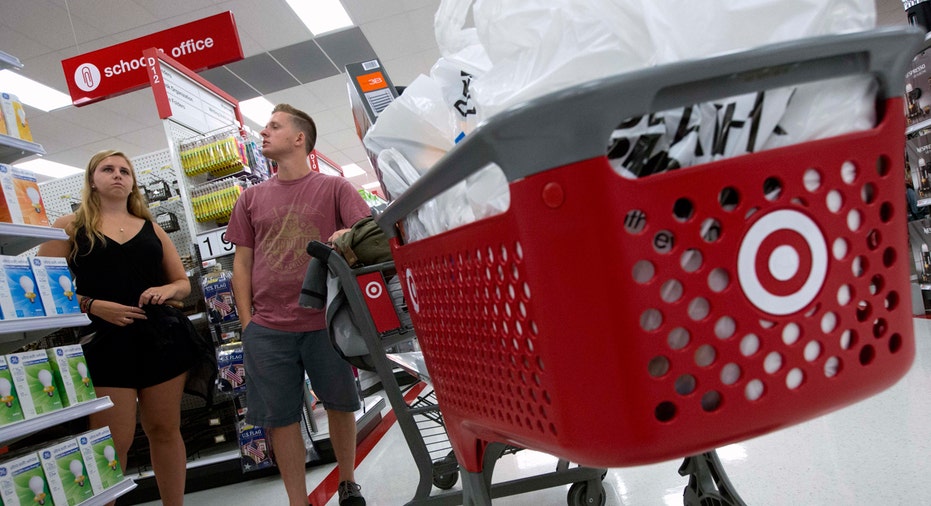Target Beats on Revenue, Hikes Full-Year Guidance

Target Corp <TGT.N> on Wednesday reported a bigger-than-expected increase in quarterly profit and raised the low end of its fiscal-year forecast as revenue got a boost from strong demand for products at the center of the retailer's turnaround plan.
Under Chief Executive Officer Brian Cornell, Target has focused on promoting a narrower set of products, or "signature categories," that include apparel and items for children, babies and health and wellness.
"The third quarter marked the fourth consecutive quarter in which we have grown traffic, and Target's sales growth continues to be led by our signature categories," Cornell said in a statement.
Comparable sales in these categories grew more than 2.5 times faster than the company average in the third quarter ended on Nov. 1, Target said
The fourth-largest U.S. retailer raised the low end of its fiscal-year earnings forecast to $4.65 a share from $4.60. It kept the high end at $4.75.
The Minneapolis-based company's shares were down 1.3 percent at $71.97 in premarket trading. At Tuesday's close, the stock had fallen nearly 4 percent this year.
Excluding special items, earnings rose to 86 cents per share in the third quarter from 79 cents a year earlier.
Analysts on average were expecting a profit of 85.9 cents, according to Thomson Reuters I/B/E/S.
Net sales rose 2.1 percent to $17.61 billion, compared with analysts' estimates of $17.57 billion.
Target said sales at stores open at least a year rose 1.9 percent, beating the market consensus of 1.7 percent, according to research firm Consensus Metrix.
Digital sales, including online and mobile, increased 20 percent, adding 0.4 percentage points to comparable sales growth.
The company narrowed its after-tax loss from discontinued operations in Canada to $73 million from $174 million a year earlier.
Target said it repurchased $942 million worth of its shares in the third quarter, continuing a buyback program it resumed in the first quarter after about two years.
In March, Target announced a restructuring plan to eliminate several thousand corporate jobs and revamp grocery operations. It also included a $1 billion investment in technology in areas such as supply chain, and the company is focusing on improving stock levels in stores.
Recently Target told Reuters it was considering partnerships with other companies to help shore up its fresh-food supply to eliminate chronic shortages on its shelves.
(Reporting by Nandita Bose in Chicago; Editing by Lisa Von Ahn)



















